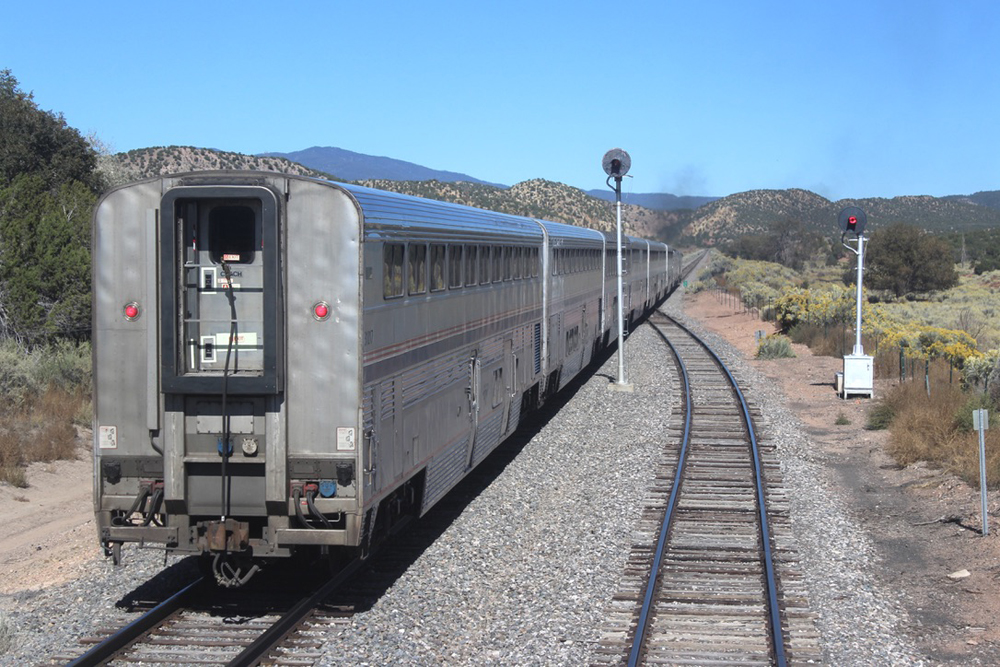
WASHINGTON — President Biden’s nomination last week of experienced railroad chief executive Ron Batory to Amtrak’s board of directors checked a number of boxes. But his main contribution will likely be the perspective he gained during a stint as Administrator of the Federal Railroad Administration that provided a ringside seat to Amtrak management’s business practices and priorities.
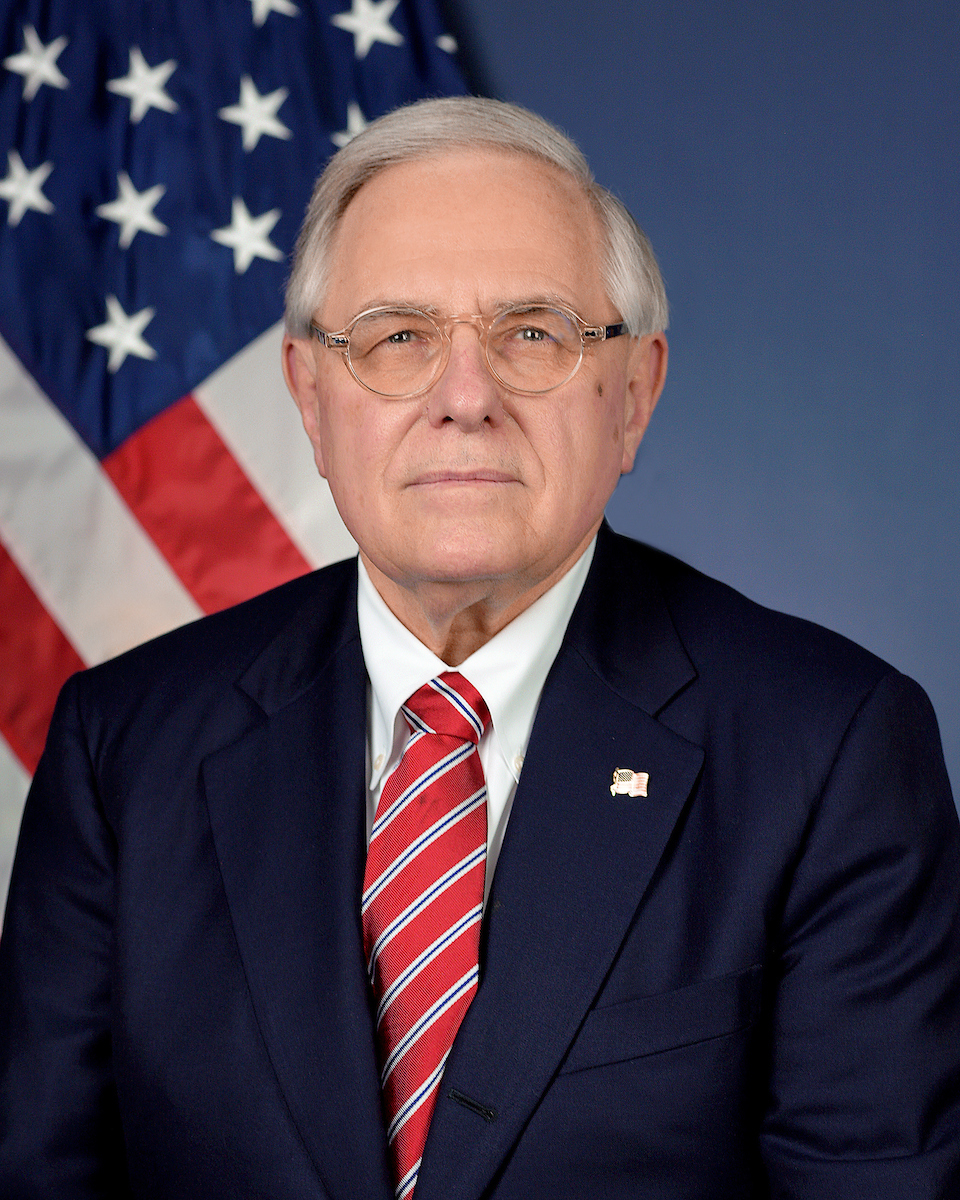
Now based in New Mexico, Batory and nominee Elaine Clegg from Boise, Idaho, are the current administration’s first Amtrak board choices from west of the Mississippi River [see “Biden to nominate former FRA head Batory …,” Trains News Wire, May 2, 2024] They are also the only nominees to date from states served only by long-distance trains.
Except for Normal, Ill., Mayor Chris Koos (whose office shares a building with the Amtrak station served by the Texas Eagle and Chicago-St. Louis Lincoln Service trains), all of the President’s initial choices to replace long-expired terms of existing board members hailed from Northeast Corridor cities. Democrat nominee Koos, current Board Chairman Anthony Coscia of New Jersey, and Maryland Republican Joel Szabat were confirmed by the U.S. Senate earlier this year.
Sens. Jon Tester (D-Mont.) and Jerry Moran (R-Kan.) vowed to block other nominees because the overall slate did not comply with requirements that Amtrak’s state-supported, long-distance, and Northeast Corridor business lines have equal representation [see, “Amtrak board still lacks geographically diverse nominees,” News Wire, Feb. 12, 2024]. The two lawmakers are among those who have questioned current management’s focus on the Northeast Corridor at the expense of investment in national network capacity, frequencies, and amenities.
Democrat nominee Clegg and Republican Batory represent states served by the Empire Builder and Southwest Chief. The Senate must hold confirmation hearings for both, along with new hearings for prior nominees David Capozzi and Samuel Lathem. Those Democratic nominees are residents of Northeast Corridor states who would also represent the disabled community and organized labor, respectively. Koos and Coscia endured three such hearings before they were confirmed.
Odd person out for the eight voting board positions is now Philadelphia-area Democrat Robin Wiessmann. Since there can be no more than five members from one political party and the long-distance and Northeast Corridor business lines have sufficient representation, the remaining vacancy must be filled by a Republican from a state with a regional corridor.
With geographical and political requirements now clarified, Batory’s potential impact on the reconstituted board looms large. Aside from Coscia, who was responsible for installing Amtrak’s current leaders, only Batory has railroad — if not passenger rail — management experience.
Batory’s term as FRA administrator (February 2018-January 2021) included the period in 2018 when Amtrak’s then-CEO Richard Anderson and current CEO Stephen Gardner, then an executive vice president overseeing commercial functions, floated the idea of creating a Dodge City, Kan., to Albuquerque, N.M. bus bridge to avoid paying to maintain the Southwest Chief’s route. The idea not only was withdrawn after a strong negative reaction but prompted changes in Amtrak’s reauthorization that demanded more management accountability to the needs of national network constituents. It also saw positive train control waivers for the lightly traveled segment, in which Batory was likely involved.
Batory was also a non-voting Amtrak board member during his tenure at the FRA. That put him in a position to witness the exodus of institutional knowledge from the company, onboard service cutbacks, and the rise of bonus incentives based on factors that include cost reduction.
At the time, Amtrak management would have provided board members with the rationale to justify those actions, but they may not have had the inclination to challenge the moves. That is unlikely to be the case with Batory, who will at least know what questions to ask.
Whether Senate confirmation hearings will be held or the final Republican board slot will be advanced in an election year is uncertain. Both Koos and Obama Administration FRA administrator Sarah Feinberg were grilled in nomination hearings in 2020, but no action was taken.
Greg Regan, President of the AFL-CIO’s Transportation Trades Department, issued a statement Monday claiming that Batory is “no friend to America’s rail workers” because as a Trump appointee, “he attacked two-person crew laws in various states and approved a record amount of waivers allowing the rail industry to ignore federal safety requirements.”
Labor’s axe to grind may surface at hearings, but it pales against the contribution Batory could make regarding Amtrak governance.






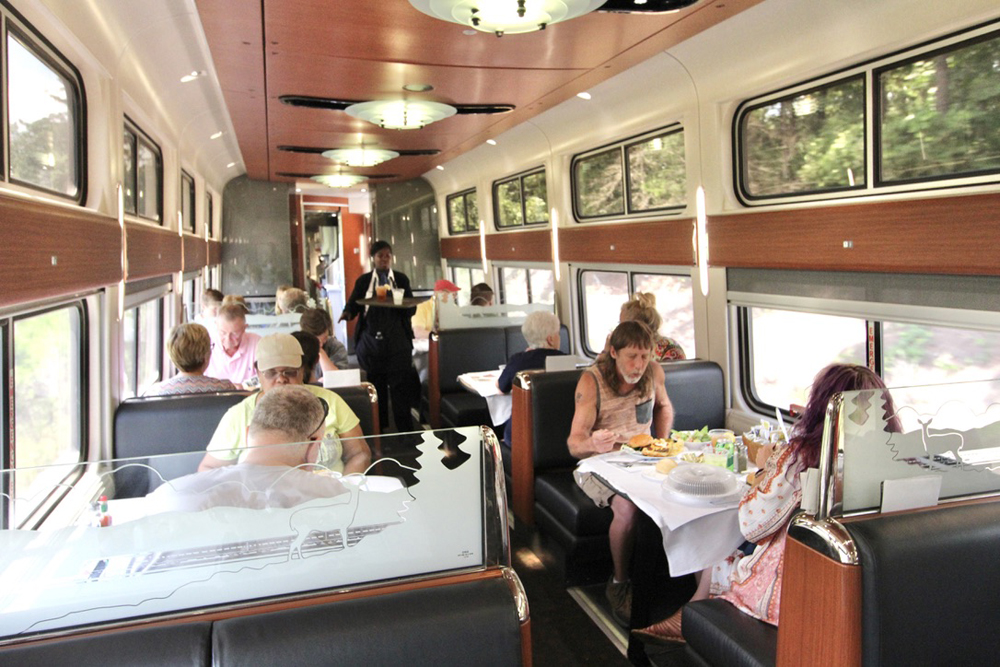


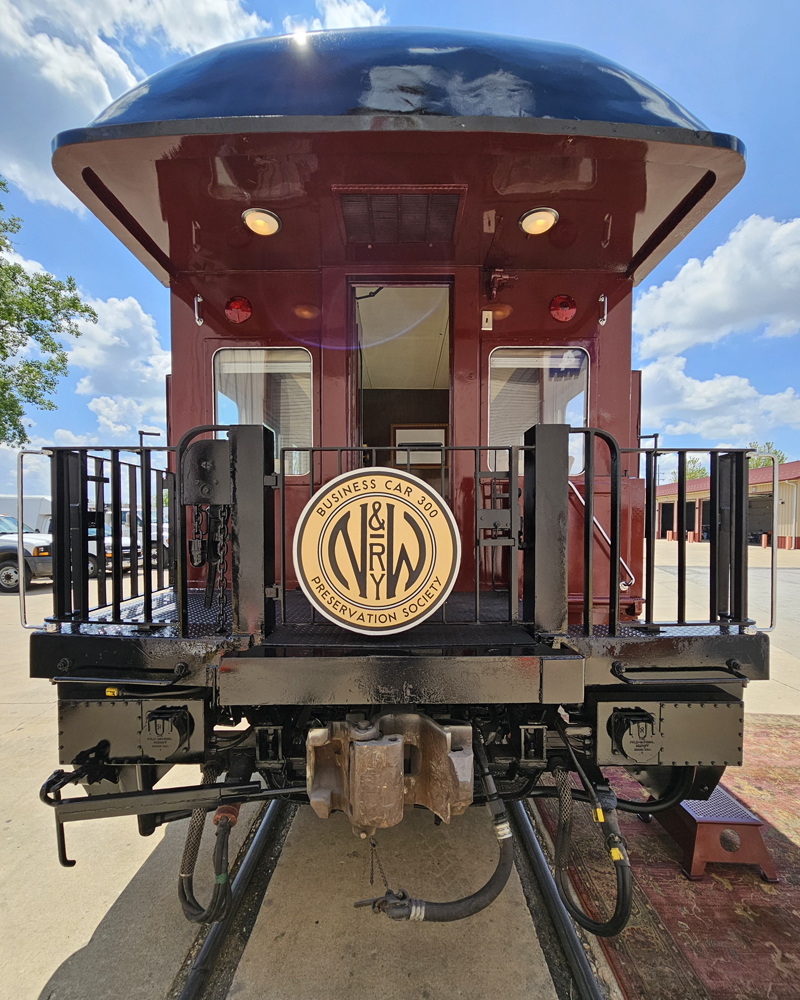



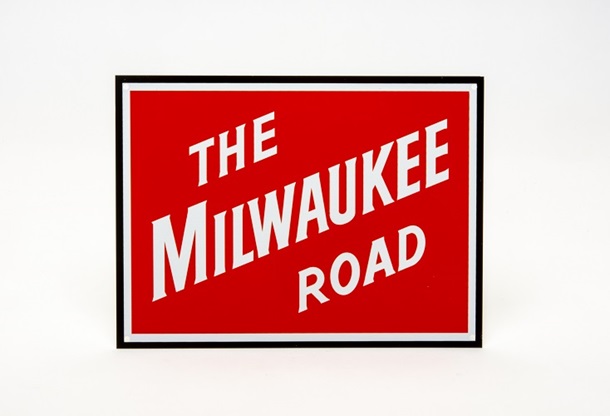
Will Batory cause Amtrak to become more transparent?. His experience at FRA may enable him to see the present hiding of many items by Amtrak?
If another Republican is needed for the board, maybe Pat McCrory, the former GOP Governor of North Carolina, would be a suitable addition?
Very interesting suggestion, especially given what NC has done with the development of what appears to be a very successful intrastate passenger service.
Once again I have to ask if RAIL LABOR is the same thing as RAIL LABOR UNIONS. I would need to hear a second opinion as to Mr. Batory’s record related to employee safety, before agreeing with Mr. Regan. It could be that Mr. Regan’s take is fair and accurate, but I can’t accept it without confirming evidence.
In any event, the positives outweigh the negatives as to Mr. Batory’s nomination. Amtrak’s board needs this man.
And many more like him.